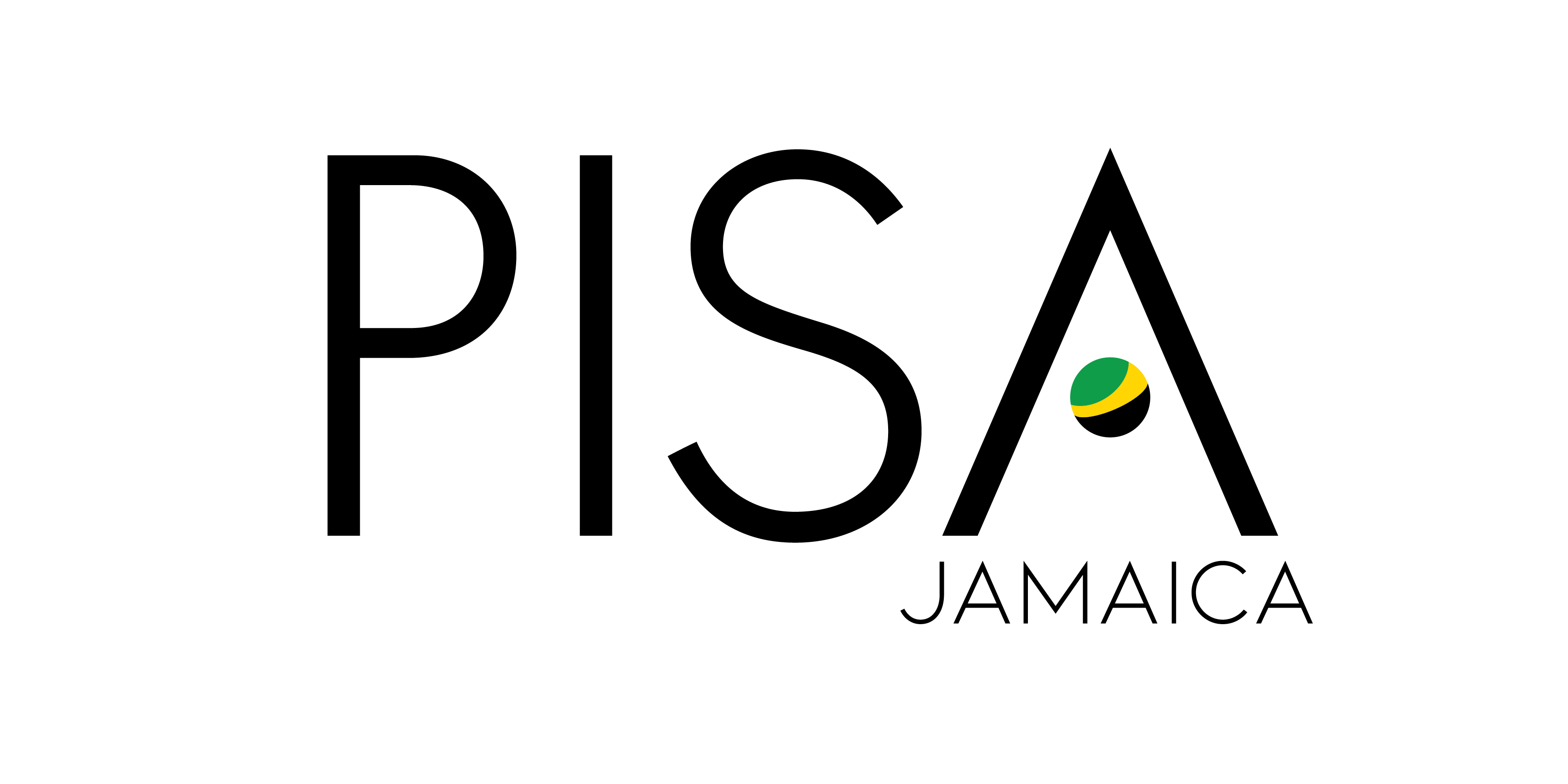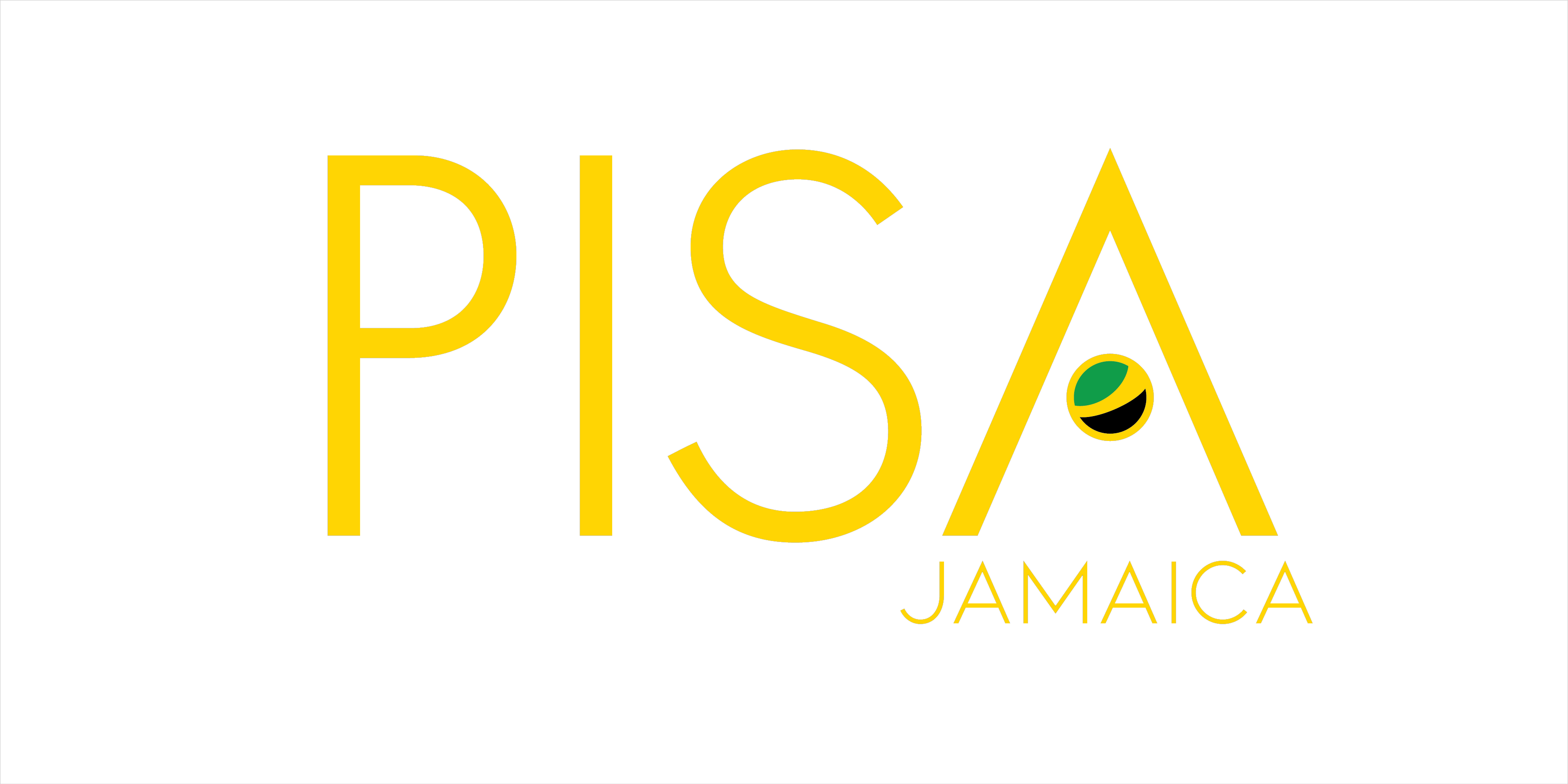PISA FAQ
The Organization for Economic Cooperation and Development (OECD) Programme for International Student Assessment (PISA) is a study that compares and examines student performance in mathematical, reading and scientific literacy, conducted every three years. Rather than assessing students on particular school curricular, PISA attempts to measure the knowledge and skills that students possess towards the end of their years in school which will enable them to participate fully in adult life. The PISA assessment examines the extent to which education systems are preparing students to meet life’s challenges – to become tomorrow’s workers, to continue learning throughout life, to analyse, reason and communicate ideas effectively.
PISA assesses student knowledge, skills and competencies in scientific, mathematical and reading literacy. In addition, PISA includes an assessment of creative thinking. PISA covers a variety of skills and knowledge that has been taught in the classroom.
The nature of PISA not only allows the performance of Jamaican students to be compared to that of students in other countries, as well as comparing student performance between Jamaica and other territories, but offers the unique opportunity to investigate key demographic, social and educational determinants of student and school performance.
PISA involves the assessment of Jamaican students in an international context. Since the first PISA assessment involving 32 countries in 2000, the survey has continued to raise interest amongst educators and policy-makers world-wide. In 2021, Jamaica will be one of about 100 countries participating in PISA with over 6000 students (from over 171 schools) representing our country.
The PISA assessment date will be determined by the PISA management team. However, the administration of the assessments will take place over an eight week period on a date(s) chosen by the participating school. Only one day will be required to complete the assessment in each sample school.
All students who are at or between 15 years 3 months and 16 years 2 months at the time of the assessments will be eligible to participate in PISA. The majority of students will be 15-years-old, and may be enrolled in grade 9 or higher. PISA is an inclusive assessment and encourages all sampled students to participate.
A sample group of about 50 students will be randomly selected from a list of age–eligible students provided by each participating school.
To ensure that the test runs smoothly, we will require the assistance of the vice-Principal or School-based Coordinator (SBC), who liaises with the PISA Management Team, and helps to plan for PISA at your school, and an IT Coordinator (a staff member who is familiar with the technical aspects of the school’s computer resources and the schools IT polices, and who will be available to assist the Test Administrator during the administration of PISA if necessary).
The vice- Principal or Principal will be asked to complete an online School Questionnaire about the demographics, organisation and resources of the school.
The parents of the students who a part of the sample will be asked to complete a paper- based Parent Questionnaire that focuses on parents’ educational background, their socioeconomic status and level educational support to their children.
The PISA sampled students will participate in two computer-based assessments, and a questionnaire.
PISA session: all sampled students will be required to complete two assessments; a computer-based test consisting of science, reading, mathematics and creative thinking questions, and a 40 minute questionnaire which asks about home background, attitudes toward learning and life experiences. Altogether, including administration time and breaks, about 3½ hours will be needed.
PISA will be administered by a Test Administrator (who is trained and employed by the Jamaica PISA management Team specifically for this purpose).
As well as representing Jamaica, students will receive a Certificate of Participation and lunch during the break.
PISA provides important information for policy development, to foster public accountability, to allow areas of progress or decline in achievement to be identified and monitored, and to address concerns for equity.
PISA also provides an instrument to monitor student performance over time. The regularity of the assessment allows comparability from one cycle to the next and to see the effects of policy changes on educational standards.
All data collected in PISA are kept strictly confidential. No individual or school is identified in any report released from the assessment.
A national PISA report will be produced for release to the Jamaican public by December 2023
Having participated in PISA Jamaica’s performance will be compared to the other 84 countries that participated in the 2021 cycle. We will be ranked accordingly based on our comparative performance.
- PISA provides important information for policy
development, to foster public accountability,
to allow areas of progress or decline in
achievement to be identified and monitored
and to address concerns for equity.
- PISA also provides an instrument to monitor
student performance over time. The
regularity of the assessment allows
comparability from one cycle to the next
and to see the effects of policy changes on
educational standards.
Typically countries decide to participate in PISA on a voluntary basis, and may choose to participate in specific cycles of the assessment. PISA is conducted every three years and countries can decide to join or withdraw from the program as they see fit
Yes, there is a participation fee for PISA
Having participated in PISA Jamaica’s performance will be compared to the other 84 countries that participated in the 2021 cycle. We will be ranked accordingly based on our comparative performance.


